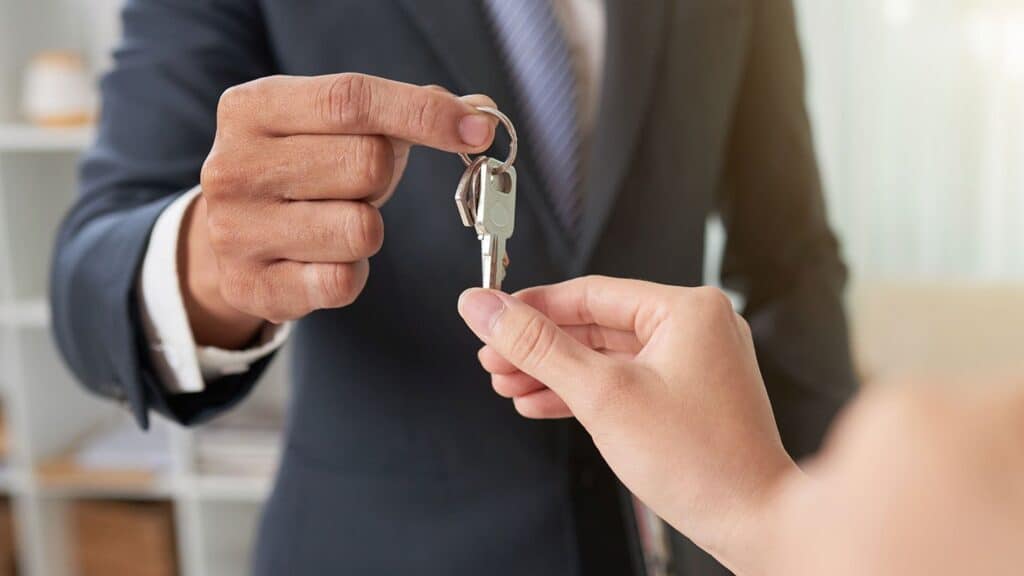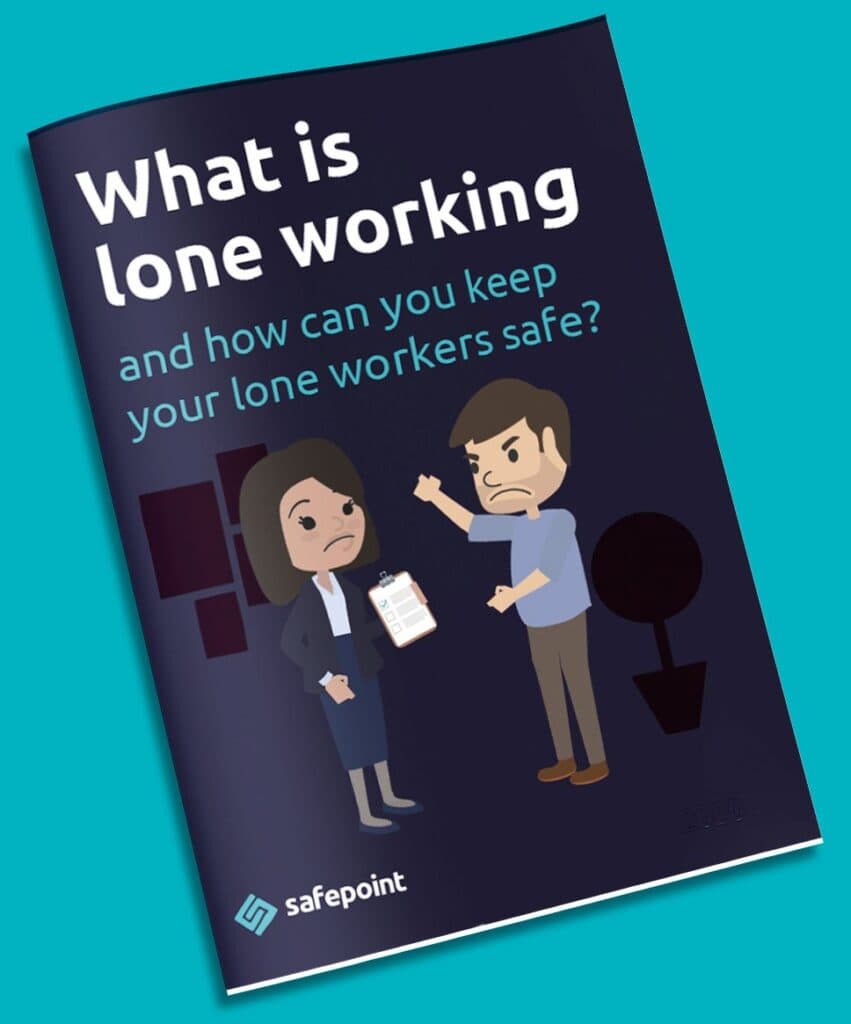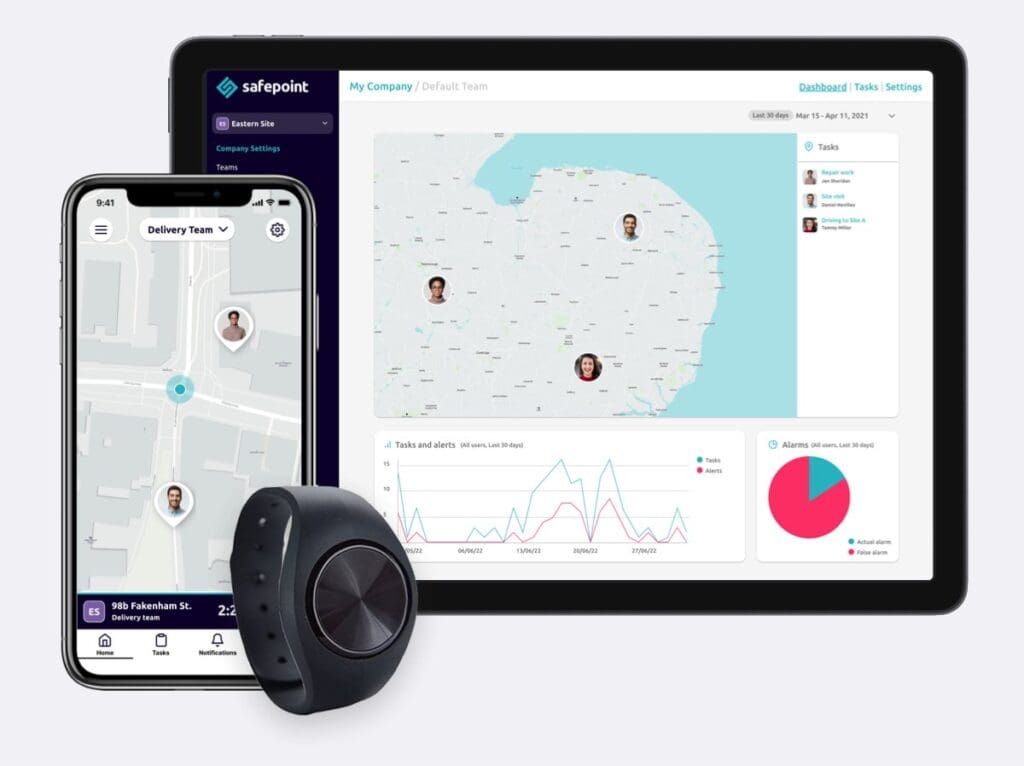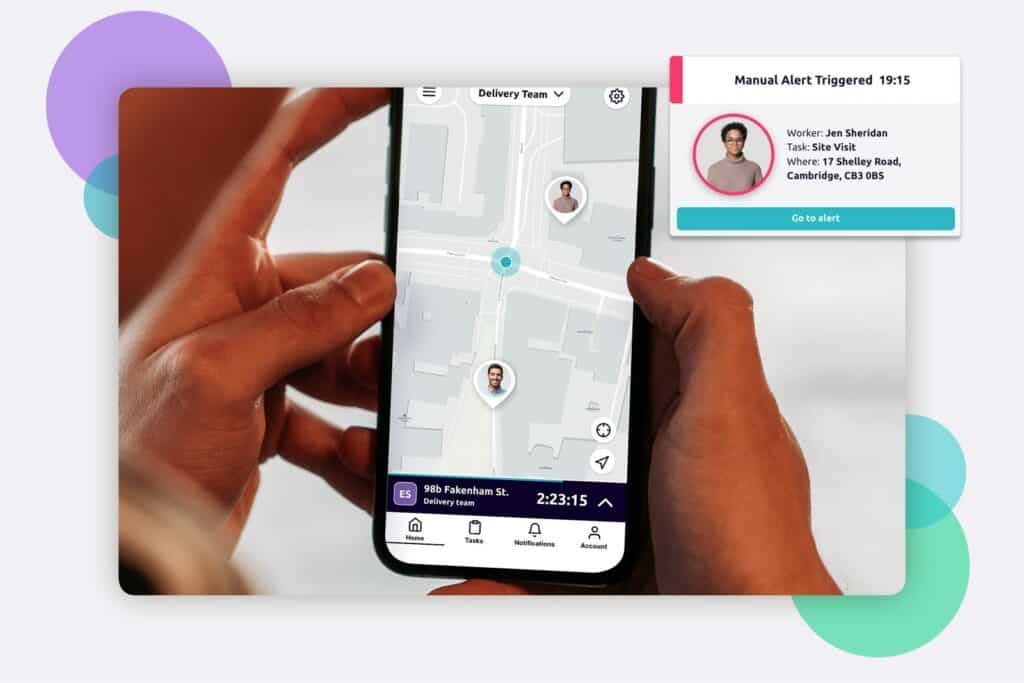
In 2021 The UK estate agent market was valued at around £11 billion . It also employed over half a million people, according to Statista.
Estate agents (and housing workers more generally) provide an array of services for homeowners, tenants and landlords. It is because of their property viewings and inspection duties, however, that estate agents are commonly associated with lone working.
A lone worker is someone who works out of sight or earshot of their colleagues for some or all of their day. Lone working, by its nature, can increase the risk of serious injury, by lowering levels of oversight and increasing response times to potential emergencies.
For estate agents lone working often comes in the form of visiting residents in their own homes or showing prospective buyers around properties. This involves working in close proximity with members of the public –often in locations where the estate agents have little control.
In this article, we will look at the range of risks estate agents face (both intrinsically and as lone workers), what responsibilities housing organisations have towards their lone workers, and what can be done to keep lone working estate agents safe.
Estate agents are at risk of violence and aggression due to lone working in people’s homes (alongside other unfamiliar and enclosed locations).
What’s more, properties themselves can be hazardous. Estate agents may not visit just completed homes, but also homes that are under construction as well as commercial sites. The risks of slips, trips and other accidental injuries all increase in these settings.


All estate agencies have clear legal obligations to care for the health, safety and welfare of all their employees: whether they are in the office or out in the field conducting house viewings.
One in five estate agents said they had felt unsafe when conducting a property viewing, for female estate agents this figure was nearly a third. All estate agencies need to take positive steps to help ensure their lone workers feel safe wherever they are.
Estate agencies have a duty to minimise and prepare for risk to both staff and prospective residents and buyers.
Employers also have a responsibility to keep a safety audit trail that stands up to scrutiny and can be used to improve safety in the future. Growth, learning and reflection are key parts of good health and safety and it’s everyone’s responsibility to help improve and refine these processes.
Some of the main ways of protecting lone workers are:
One of the big threats of lone working as an estate agent is aggression or harassment from the public. The disappearance and death of Suzy Lamplugh brought the risks of lone working to national attention and subsequently, in large part due to the work of the Suzy Lamplugh Trust, changed the government’s standards on protecting lone workers.
Estate agents and other property lone workers have a right to a safe work environment, no matter how they choose to work. That’s why Safepoint provides a multi-faceted lone working solution comprised of a wearable panic alarm, live GPS updates, and a fall detector.
We think that this three-point system is important, as it doesn’t just rely on the user triggering an alert themselves. If a lone worker is under threat, takes a fall, or just is unresponsive, their team will be notified, instantly, with live-GPS locations and a full history of the user’s movements.
All sorts of businesses rely on Safepoint’s lone worker solutions and 24/7 Alarm Receiving Centre to keep their staff protected and organised. Some estate agencies and property organisations that use Safepoint include:



Safepoint provides award-winning lone working solutions for workers in the housing sector along with many other industries across the UK and abroad.
When estate agents and other workers in the housing sector are equipped with Safepoint’s apps and wearable panic alarms, they can set up timed, GPS-tracked ‘tasks’ (such as ‘33 Castle Street house visit – 45mins’).
If the worker runs into trouble, they can tap a button on their phone or wearable panic alarm and an alert will be sent out (along with their live location).

But what if a worker is incapacitated (for instance, if they are attacked)? With Safepoint, an alert will automatically be sent out if a user takes a fall (sometimes called a man-down feature) or if they are unresponsive.
With Safepoint, estate agencies and housing organisations can supervise their whole team through the Safepoint app – where they can see alerts, live locations, status updates, team analytics and more. This makes it easy to not just keep your team safe, but also organised!
What’s more, with Safepoint’s 24/7 GuardianPlus service, your team’s safety can be monitored day and night by an accredited team of expert responders. These emergency response professionals, working out of a dedicated Alarm Receiving Centre, will handle any emergency –from first response, to escalation management, to liaising with the emergency services.

Award-winning safety management tools and a fully accredited response team.